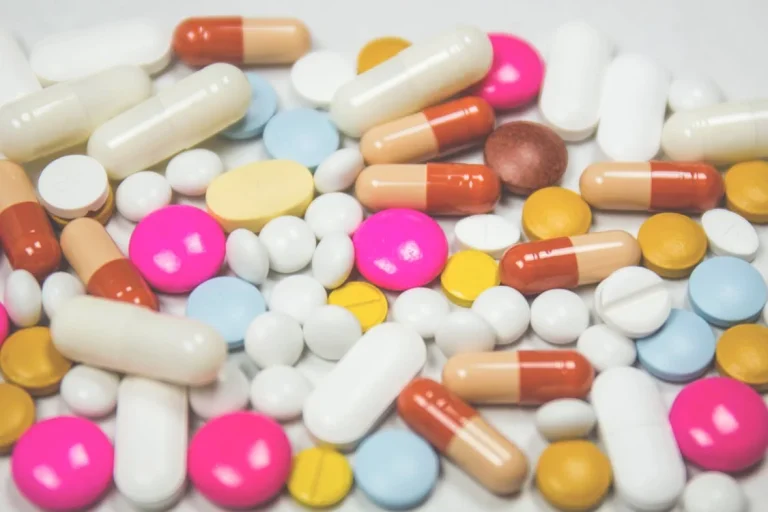Cannabidiol (CBD) is indeed a chemical component of cannabis. In other words, CBD does not impair or get you high. Both hemp and non-hemp plants may be used to produce CBD. Hemp refers to several varieties of cannabis Sativa plant with less than 0.3% of the psychoactive compound tetrahydrocannabinol (THC); more could be known at CBDnorth.co.
U.S. President Donald Trump signed the Agriculture Development Act into law in 2018. To clarify, CBD derived from hemp is now lawful in all 50 states thanks to new legislation that removes the plant from the national Controlled Substances Act. However, the legality of CBD products varies from state to state since some states have not delisted cannabis from their restricted drug statutes.
Recent Developments In CBD:
The physiological effects of CBD on the human body are still a mystery to scientists. Epidiolex, a drug made from refined CBD from hemp, was given the green light by the FDA to treat uncommon forms of epilepsy. After extensive testing, the FDA has determined that this medicine is safe and efficient. However, the FDA has not yet reviewed all of the products and applications of CBD on the market, like CBDnorth.co.
It is not advised to take CBD while pregnant. No data exist yet on what, if any, negative consequences taking CBD products could have on a developing baby. High dosages of CBD have been shown to harm developing fetuses in animals.
If CBD is transferred to a nursing infant is not known. Breastfeeding mothers are advised to avoid CBD due to the risks connected with its usage.

Things To Know About CBD:
Many THC-containing products are available from the same sources as hemp and CBD. People should be aware that THC goods look similar to hemp and CBD products and not buy them by mistake. Psychoactive effects and other adverse side effects have been linked to THC-containing products.
Moreover, the FDA does not monitor most CBD products on the market. Therefore, buyers should know that even though a product may say “hemp” or “CBD,” it may include something else, such as THC, pesticides, toxic substances, germs, or fungus.
In 2021, the CDC issued a HAN Health Advisory to notify the public that synthetic CBD may be transformed into Delta-8 THC, a psychoactive compound whose effects are not fully known. Inadequate labeling of goods containing Cannabidiol poses a possible risk to consumers, prompting this caution to be issued.
Conclusion:
The lesson readers should take away is that CBD is not risk-free despite its widespread market availability and advantages. CBD may have unwanted side effects, including liver harm if you take it with other drugs. There is currently insufficient data to support medical CBD recommendations for illnesses like insomnia or anxiety. Keep in mind that studies in these domains are still in progress. While preliminary research has shown promise in several areas, the notion is yet to be confirmed by rigorous scientific analysis.


















